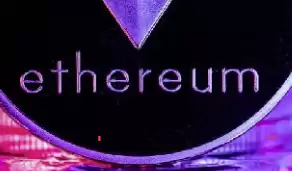Decentralization is an extremely sensitive topic for cryptocurrency enthusiasts, as it is the foundation of the entire blockchain industry, and if one of the largest ecosystems in the entire market is not properly decentralized, it can cause serious problems. Delphi Digital highlights an important issue related to the decentralization of the ether.

Usually, the composition of holders is the main indicator for determining the decentralization and operability of the network. However, in the case of Ethereum, staking is just as important as the distribution of funds. According to Delphi, only four organizations manage almost all of the network's staking, and the largest of them have systematic problems with decentralization.
Lido Finance remains the largest player on the network, but its basic stETH token redistribution system has some critical flaws. After delegating the "real" Lido coins, investors receive liquid stETH tokens, which they can trade with Ethereum in blocked contracts. However, there is a problem.
If you are an investor who wants to withdraw your Ethereum from the Lido contracts, you simply will not be able to do this, since no ETH has been unblocked from the contracts, which causes a lot of concern among investors.
Other participants in the network are centralized cryptocurrency exchanges that either use the funds of investors who voluntarily delegate their assets for placement, or use their funds to redistribute and diversify their assets.
In addition, Ethereum is going through a difficult year, when the number of OFAC-compliant blocks reaches new highs, making the network more centralized.
It remains to be hoped that due to the incentives planned by the developers of Ethereum and the MEV relay, the network should become less regulated over time.

 Spain
Spain
 Portugal
Portugal




